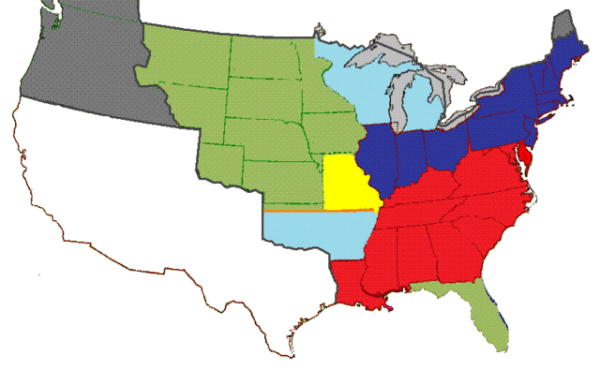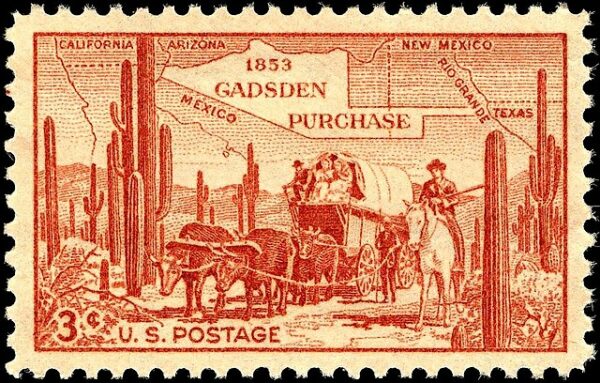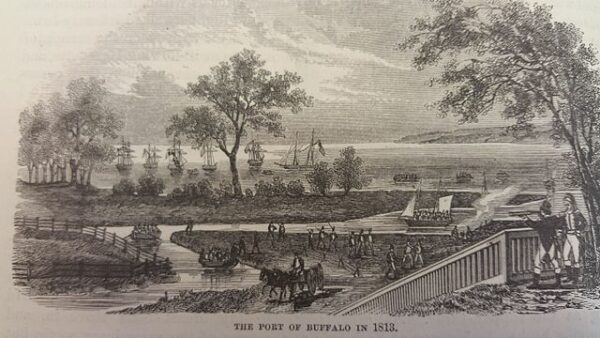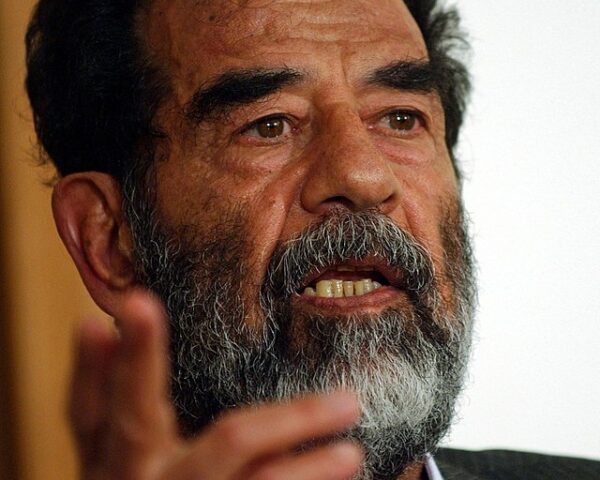On February 17, 1820, hoping to end the question of the future of slavery in the United States, Congress introduced the Missouri Compromise. Henry Clay, a prominent statesman, orchestrated the compromise with the intent of preserving harmony in the Union by delicately balancing the number of slave and free states.
At its core, the Missouri Compromise revolved around the admission of Missouri into the Union as a slave state, coupled with the admission of Maine as a free state. This binary solution aimed to address the immediate concerns of maintaining a balance between the slave and free states, which were essential for the Union’s stability. However, realizing the need for a broader-reaching strategy, the compromise also established a geographic demarcation: the 36°30′ parallel. This line delineated a boundary beyond which slavery would be prohibited in the territories of the Louisiana Purchase. The significance of this provision lay in its attempt to quell the ongoing debate about whether newly acquired territories would permit or prohibit slavery.
The introduction of the Missouri Compromise marked a step towards addressing the growing tensions between the North and the South. By establishing a framework that considered both the admission of new states and the expansion of slavery into acquired territories, the compromise reflected a nuanced attempt at conflict resolution during a volatile period in American history.
However, the Missouri Compromise’s success in defusing the immediate crisis proved transient. The sectional divide over the issue of slavery persisted, eventually leading to more complex and contentious debates in the following decades. The underlying differences in economic systems, social structures, and political ideologies between the North and the South remained unaddressed. The compromise, while significant, underscored the broader challenges of reconciling conflicting interests between slaveholders and those who wanted to abolish the brutal practice of enslaving other human beings.
The Missouri Compromise set the stage for future debates over the expansion of slavery in the United States. The compromise’s attempt to strike a delicate balance ultimately highlighted the deep-rooted nature of the divisions over slavery, foreshadowing the conflicts that would culminate in the American Civil War.






